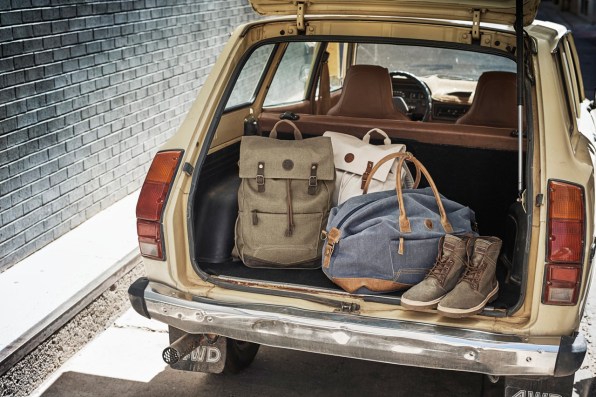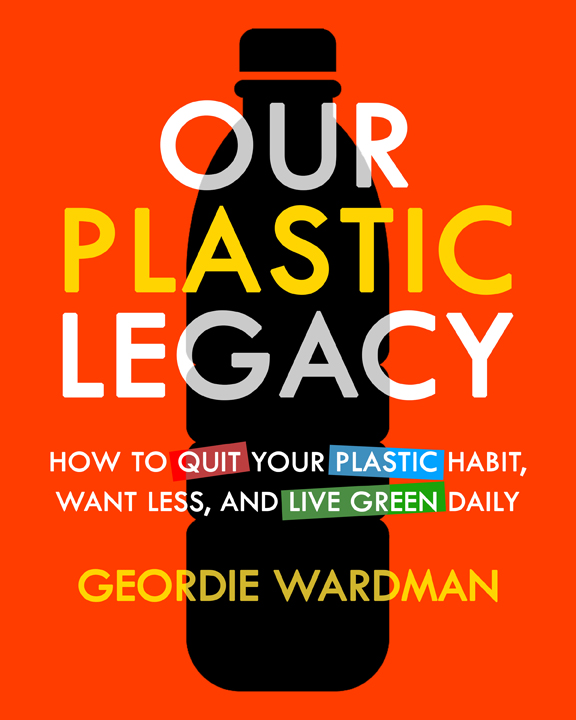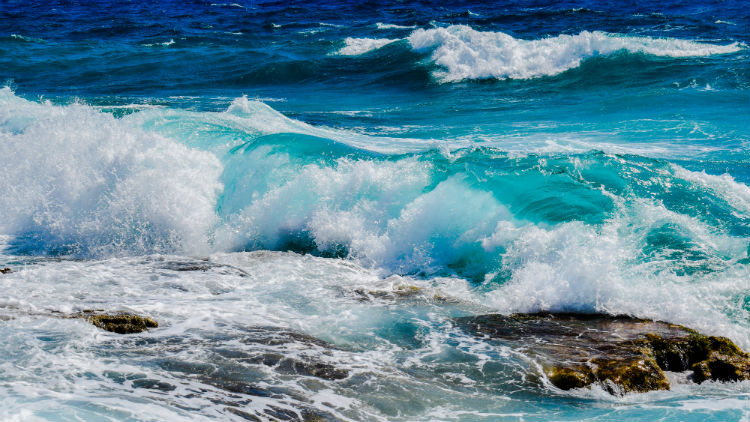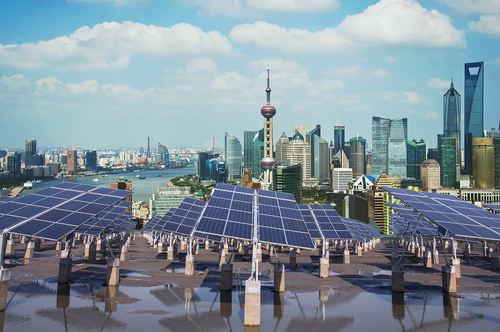Game changers never stop upping their game. They’ve got a vision. A mission. And they ain’t stopping. Does that sound like you? If it does, Devi Records and the Founder of Women of Green, Carolyn Parrs, put together four potent webinars from women game changers we know and love that are rocking it out of the park and want to help you do the same. So Up Your Game with us for our Super Summer Series.
Continue reading... →One of the largest icebergs ever recorded has broken off from an ice shelf in western Antarctica, researchers said last Wednesday. The iceberg — about the size of Delaware and weighing an estimated 1.12 trillion tons — finally ripped free sometime between Monday and Wednesday, scientists at the University of Swansea in Britain. Researchers said they were not immediately aware the calving is linked to human-induced climate change. Since the ice shelf was already in the ocean and held a relatively small amount of land ice, the potential melting of the freed iceberg is not expected to have an immediate effect on the sea level.
Continue reading... →The recycling organization, Thread, is teaming up with the shoe and apparel company, Timberland, to bring customers new products made from 50% recycled plastic, collected as part of an economic revitalization project in Haiti. In Haiti, for the fabric made for Timberland, more than 1,300 people collected plastic bottles, and sold them to 50 Haitian-owned and operated collection centers that Thread partners with. The process to turn a bottle into fabric is fairly simple: the plastic is mechanically broken down into flakes, put through something that looks like a Play-Doh extruder, and then rolled and manipulated into bales that can be spun into fabric. Plastic bottles are made from oil; so is polyester. When a bottle is recycled into fabric, the end result looks the same as if it had come from fossil fuels (it can also be recycled into other products, such as printer cartridges).
Continue reading... →Did you know that every piece of plastic ever created from the time of invention in 1905 until now is still in existence today? Did you also know that by 2030 (just shy of 2 more decades) there will be more plastic in the oceans, than fish? Follow along in this conversational and action-oriented book as author Geordie Wardman presents a simple solution to the reasons why you should be worried, nay terrified, about the plastic that is piling up, literally, on the planet. In Our Plastic Legacy. How to quit plastic, want less, and live green daily, you will find: Why plastic pollution is arguably the single most important environmental crises in the world today, perhaps greater but most certainly contributing to climate change -Facts about how plastic affects our environment, particularly our oceans and our health -How a single person can do more to help solve the problem than ever imaginable.
Continue reading... →For decades, Brazil’s Kayapo tribe has battled deforestation of their home. Now women are at the frontlines of the fight to save the rainforest. Concealed among dense Amazonian rainforest and grassy savannas are the simple palm-thatched dwellings of the Kayapo, one of Brazil’s best-known indigenous groups. Their scattered villages along the banks of the Xingu River are so remote that until the 1950s, the Kayapo people had virtually no contact with or knowledge of the outside world. Over the past three decades, Kayapo communities have been increasingly exposed to the outside world, bringing major shifts in the tribe’s social structure. One of the more recent and unexpected changes has been the emergence of three women chiefs, who are now in charge of villages spread across a vast swath of Amazonian rainforest.
Continue reading... →The process of restoring the ocean can help reduce poverty, increase food sources in coastal areas and provide income. A report designed for the UN World Ocean Conference suggests several ways humans can accomplish these goals, such as recovering and managing fisheries to revive the economy and alleviate poverty and hunger. The report, created by the Nippon Foundation — Nereus Program, highlights the issues of climate change due to global warming and how countries can work together to save the ocean and its marine life. One concern raised in the report is the rising sea levels, which are forcing fish to move to different locations, but more people are moving towards the coasts. To sustain ocean life, researchers are combining artificial intelligence (AI) with robotic technologies for efficient monitoring in places humans cannot go.
Continue reading... →A vast Chinese province of nearly 6 million people has generated all the power it needed for an entire week without using any fossil fuels, according to state-run Chinese media. Qinghai, a Tibetan plateau province in the country’s northwest, derived all of its power from wind, solar, and hydro-electricity from June 17 to June 23. The experiment was part of a trial run by the government to see if the electricity grid could cope without the kind of constant, reliable energy normally provided by fossil fuels.
Continue reading... →







